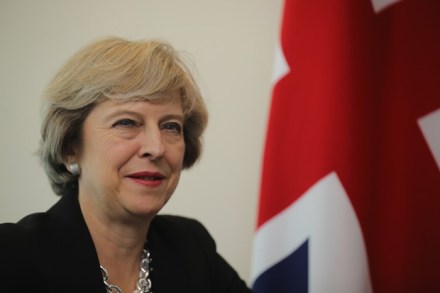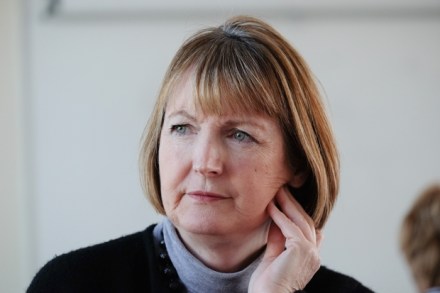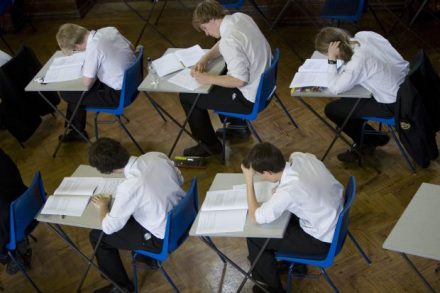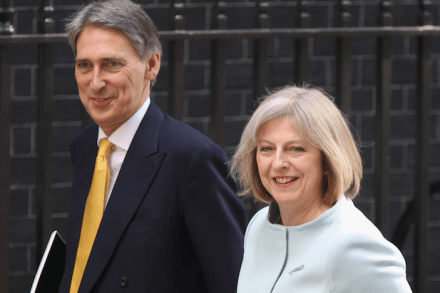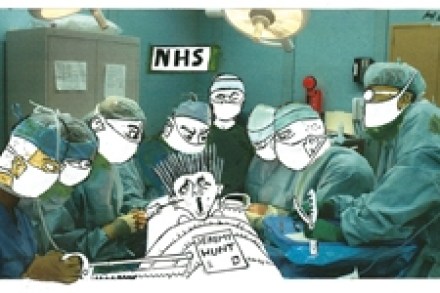In search of Mayism
What does Theresa May believe? The new Prime Minister has had the summer to settle into her job and has a chance next week to tell us more about her plans for government. Had she come to power after a general election, or even a proper leadership race, we’d know more about her. Instead, she has the Tory party conference to introduce voters to their new government. We know already that her focus is on those who are ‘just managing’, a phrase that trips off the tongue far more lightly than ‘the squeezed middle’ (Ed Miliband) or ‘alarm-clock Britain’ (Nick Clegg). But there are still vast lacunae in her philosophy,
